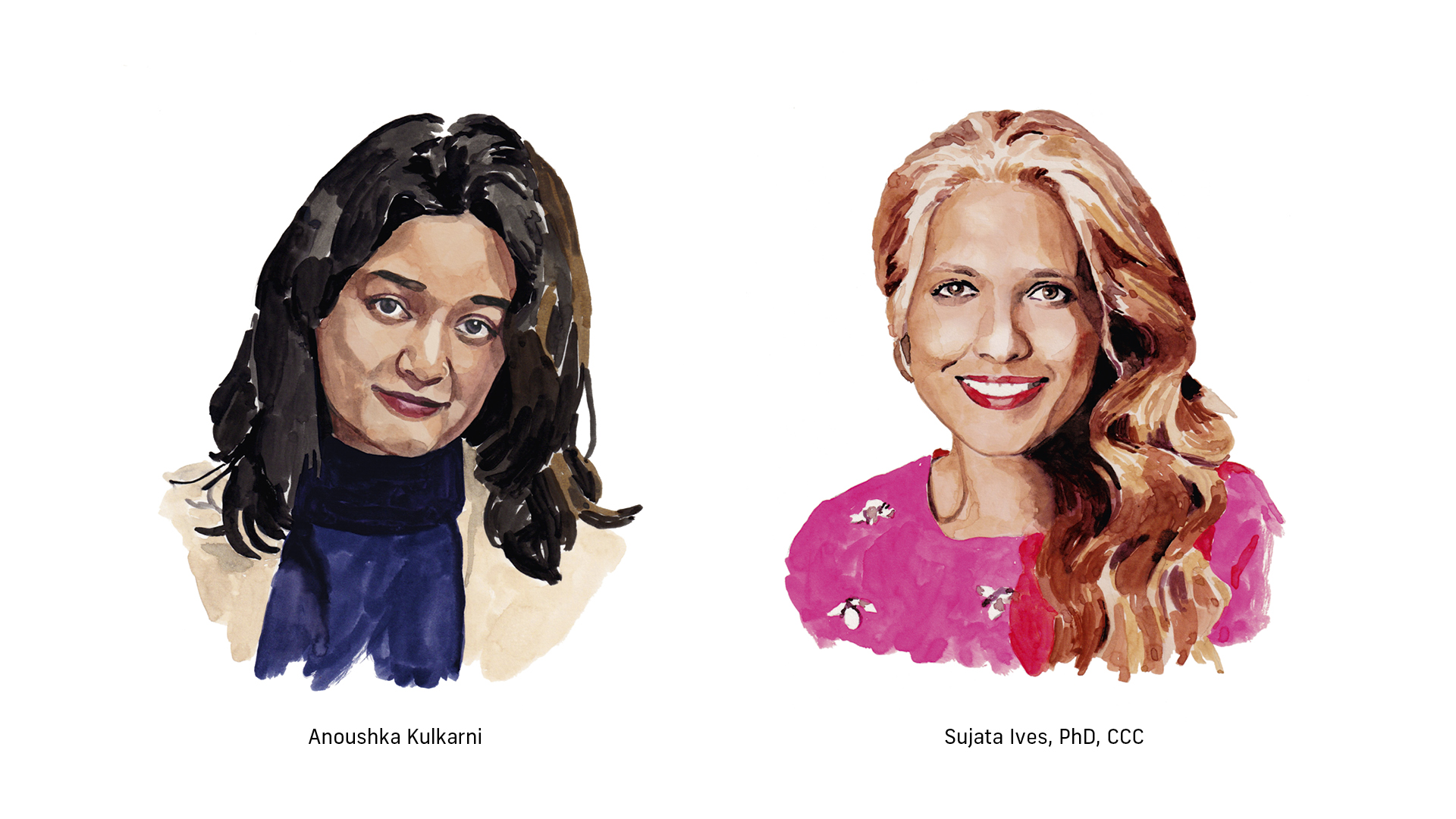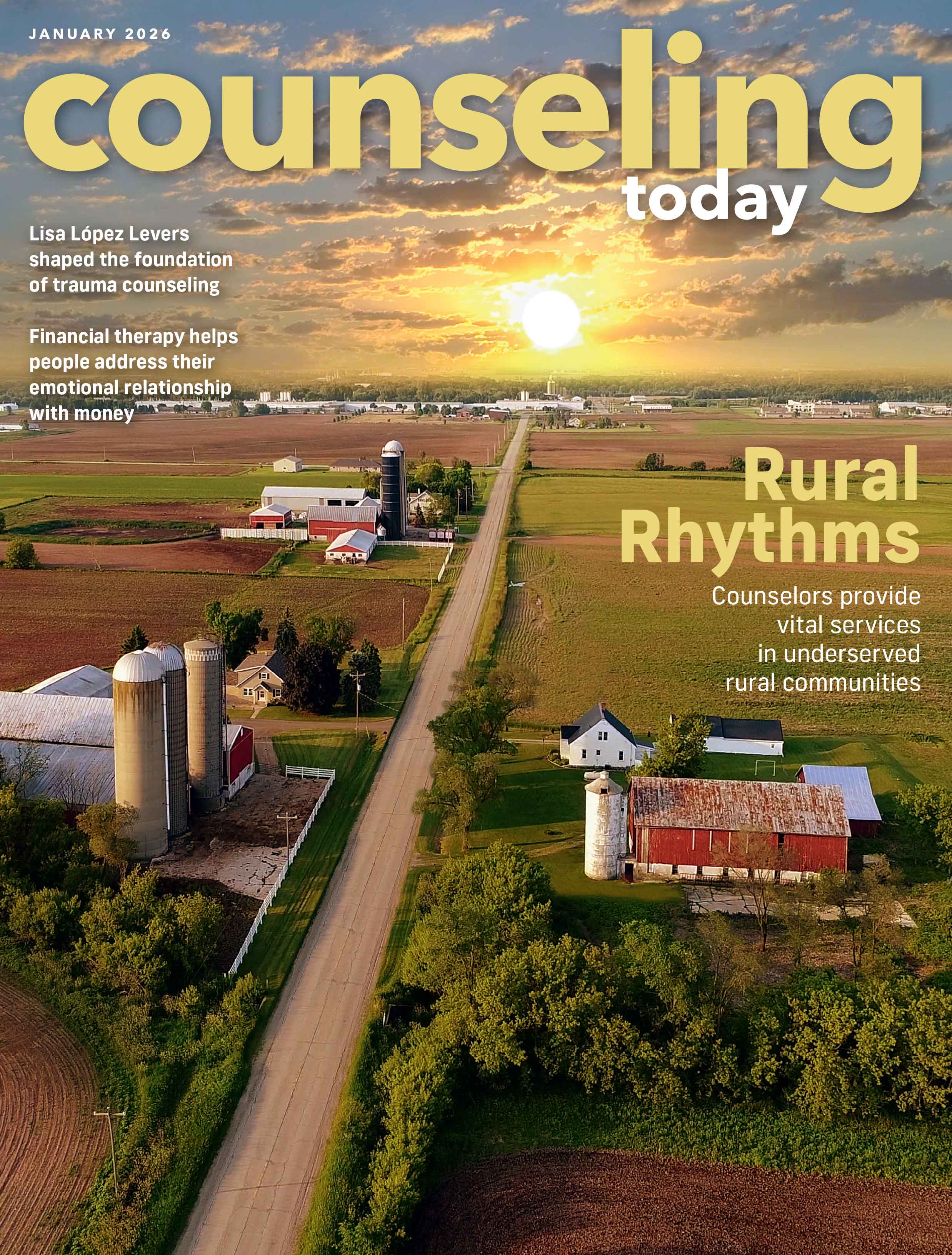How International Students Can Secure Visa Sponsorship
November 2025

Every issue we ask a counseling student or new professional to pose a career-related question to another counseling professional who has experience in that topic. This month, Anoushka Kulkarni asks Sujata Ives, PhD, CCC, about visa sponsorships.
Question:
As an international student, how can one look for visa sponsorships (also known as H-1B status) within the ACA community?
Answer:
First, it’s important to understand that the country that grants a visa is the country the person wants to enter. Within that granting country, accredited higher education colleges and universities may grant student visas. In the U.S., ACA and similar associations do not have legal authority to grant student visas. Learn more about U.S. visa requirements.
Although ACA does not grant visas, ACA supports international students in several ways:
- Advocacy: ACA advocates for fair treatment of all students, including international students; emphasizes multicultural competence and respect for diverse worldviews; and works to ensure a welcoming, inclusive environment for international students in the U.S. ACA and the Association for Counselor Education and Supervision, an ACA division, also oppose policies that negatively impact international students, such as the international constraints that threaten the attainment of visas for students taking online courses.
- Professional Development: ACA provides professional development opportunities for international students and offers training for counselors who work with them, including the International University Advocate Badge through the National Association for College Admission Counseling (NACAC).
- Resources: ACA provides resources to help students navigate the visa application process required by colleges and universities, such as NACAC’s Guide to International University Admission. This guide offers country profiles and admission information for various countries.
- Community: ACA fosters a sense of community through special interest groups and networking opportunities for counselors working with international students. For example, I am the community coordinator for the World Council on Intercultural and Global Competence, where I foster a sense of community as a counselor. Organizations such as the International Association for Counselling, Asia Pacific Career Development Association, and International Association for Educational and Vocational Guidance also provide opportunities for international students to connect and find support.


